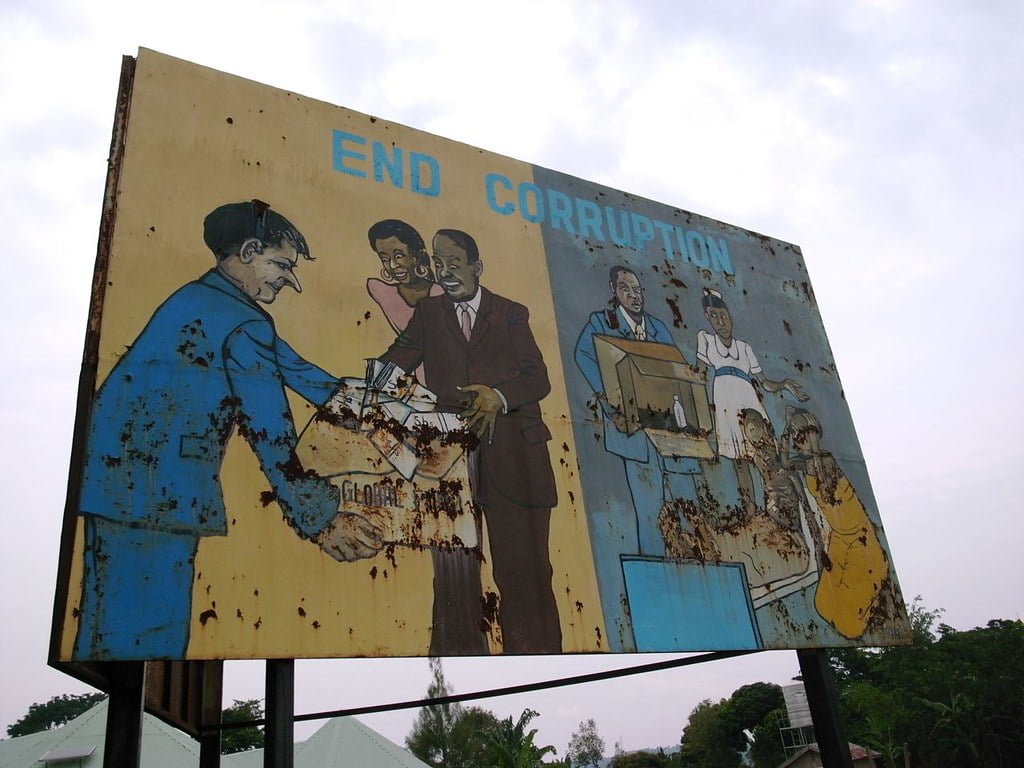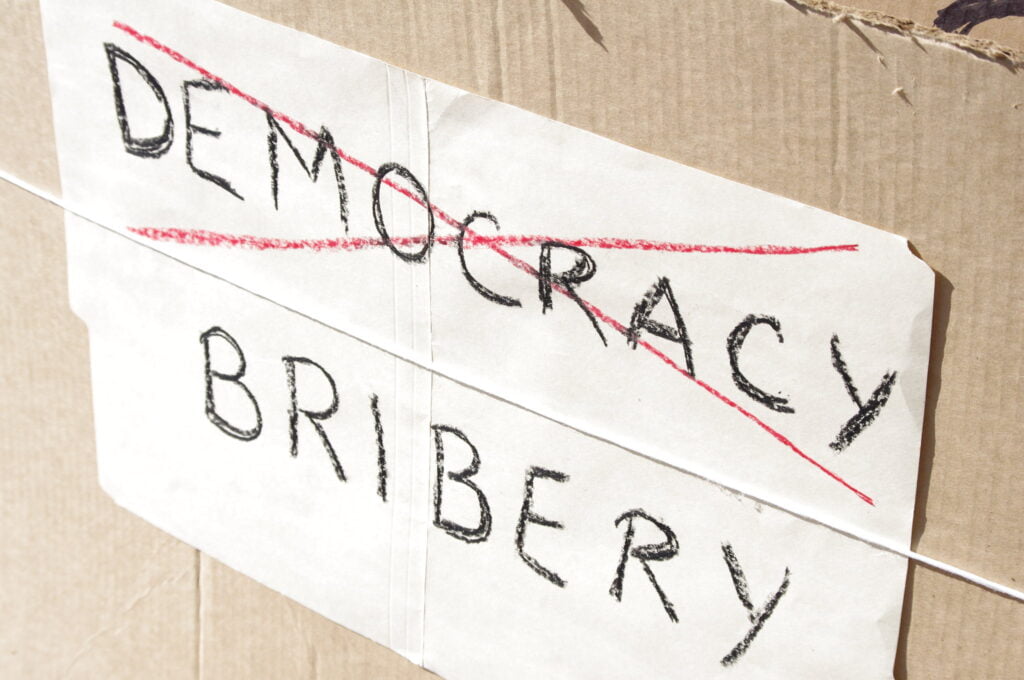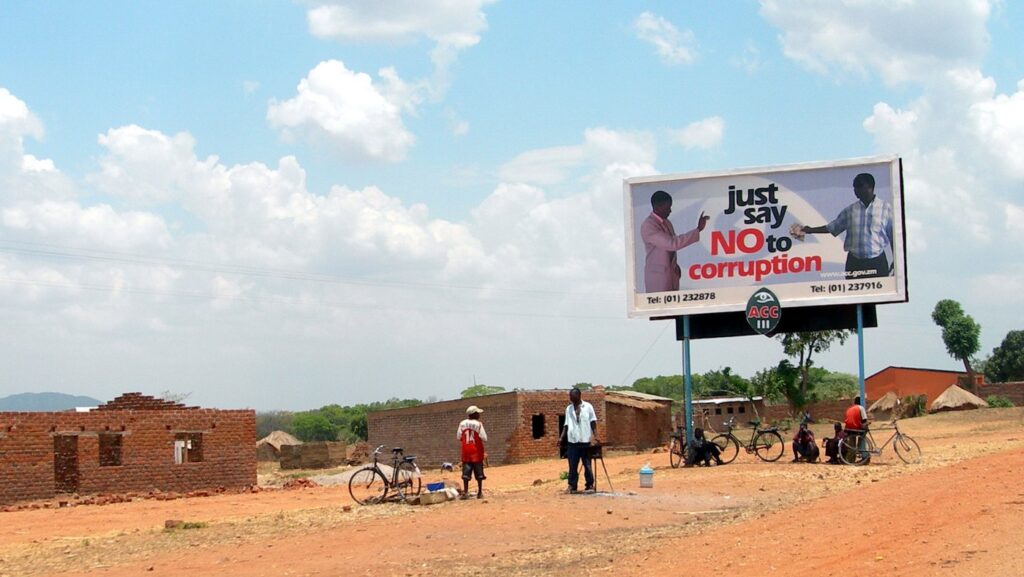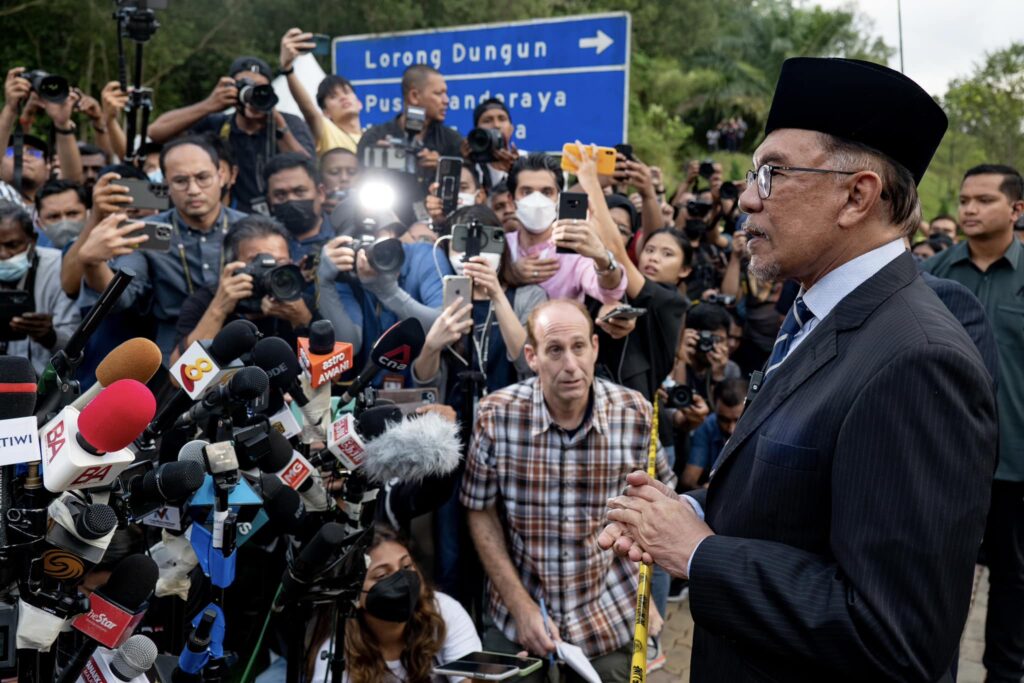Victoria’s newly-elected parliament will have a mandate to address growing concerns of integrity and transparency. Here’s what it could do immediately.
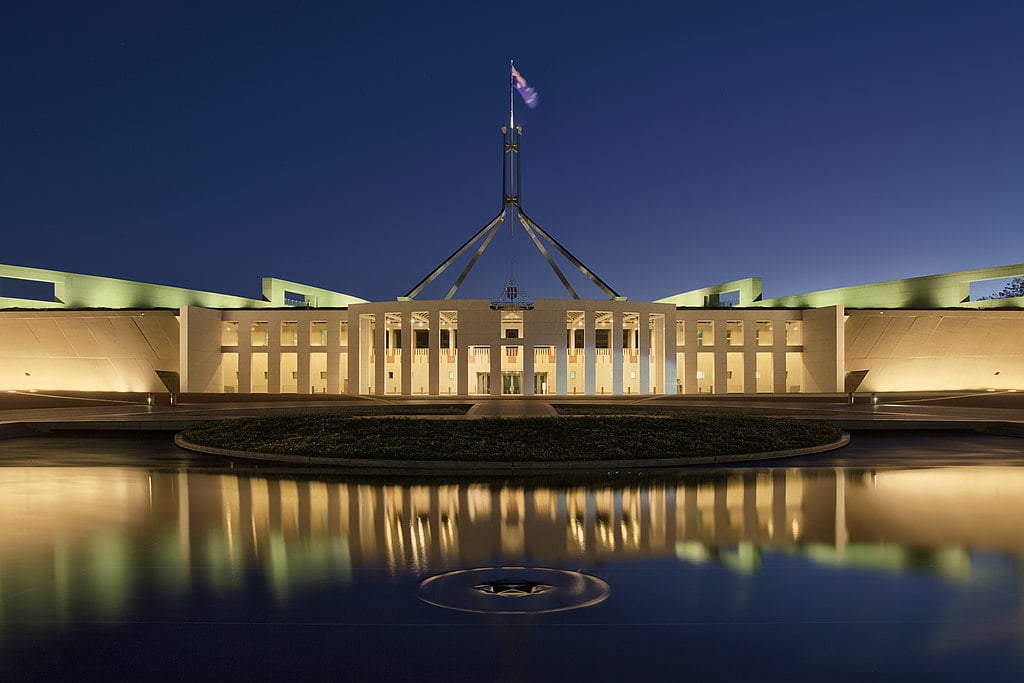 Australia’s federal parliament has passed new anti-corruption laws to tackle integrity in politics. : Thennicke, Wikimedia Commons CC BY 4.0
Australia’s federal parliament has passed new anti-corruption laws to tackle integrity in politics. : Thennicke, Wikimedia Commons CC BY 4.0
Victoria’s newly-elected parliament will have a mandate to address growing concerns of integrity and transparency. Here’s what it could do immediately.
Victoria’s newly elected parliament faces a mandate to restore public trust in the state’s integrity and transparency processes after a bruising campaign that saw both major parties referred to corruption watchdogs.
The Labor Party, led by incumbent Premier Daniel Andrews, returned to power in its third election win following victories in 2014 and 2018.
The issue of ‘integrity in politics and government’ was the fifth highest priority of 809 Victorian voters surveyed by The Age, behind the challenges like cost of living and climate change. Furthermore, 51 percent of the 809 surveyed supported measures that would strengthen the integrity commission.
The results came amid controversies for both major parties during the campaign. The Andrews Government is alleged by The Age to be linked to four investigations by Victoria’s Independent Broad-based Anti-corruption Commission (IBAC) (to which Andrews stated that he acts “appropriately at all times and in all things”). Opposition Leader Matthew Guy accepted the resignation of his chief of staff months from the election over a donations scandal.
But the issue isn’t just resonant in Victoria: several independent candidates at this year’s Australian federal election won their seats while campaigning vigorously in favour of a new national integrity body. So-called ‘teal’ candidates (because of the colour many used in advertising material) won in six electorates, a gain of five from the last vote in 2019.
As a federal system, Australia has a constitutional framework that defines and limits the powers and responsibilities of national and state governments. While state-based integrity agencies have been established to provide a check on decision makers in each state, there is yet to be a national equivalent.
The federal parliament has already started the process of tightening legal protections with the passage of anti-corruption reform in November 2022.
Even though all Australian states have integrity agencies, there are still patchy approaches as to how each state provides transparency about the integrity and decision-making processes of government.
Integrity and transparency in politics can be improved without undertaking a bold experiment. Victoria could inspire more confidence in ethical decision-making by adopting existing ideas and approaches used by other jurisdictions.
Ministerial diaries
The Executive in Australia is drawn from those elected to the legislature, often from the party which has won a majority of seats in the lower house of parliament. Once appointed as a minister, a parliamentarian is responsible for the actions and policies of their department.
Ministers, however, are also powerful and are part of the team that determines public policy. As a result, interest groups often seek to lobby decision makers to maintain or expand benefits for their members.
This has led some jurisdictions, such as Queensland and New South Wales, to publish the diaries of ministers. In doing so, they provide dates of meetings and names of entities with whom ministers have met. The diaries are published regularly and are available freely on government websites.
Such measures do not exist in Victoria and this thwarts the capacity of the community to be informed about who ministers are meeting with and when.
Immediate release of cabinet documents
Under existing Victorian laws, government records such as minutes of Cabinet meetings, “may be withheld for 30 years”. On the one hand, this is understandable: Cabinet meetings are where ministers often have frank debates in order to determine policies that may have significant impact on the direction of the state. But locking these insights into government decision-making away for decades is a hindrance on transparency.
New Zealand introduced a proactive release policy in 2019 to overcome these challenges. The policy required government bodies to release “material being considered by Cabinet” within 30 days. A similar approach was adopted by Queensland in 2022.
While governments may withhold information relating to law and order or commercial interests, providing the community with greater insights about their deliberations would enhance transparency in the state.
Truth in advertising laws
Concerns over deception are a consistent feature of politics, but there are few laws that regulate the extent to which candidates or parties have to tell the truth during election campaigns.
In Victoria, election campaign material must provide details of who has authorised the material. Established laws, such as defamation laws, are applicable to all election materials, yet there are no explicit truth in advertising laws.
South Australia established such laws in the mid 1980s, making it a crime to produce misleading political information. Similar laws were introduced in the Australian Capital Territory in 2021.
Victoria has opposed such approaches, but the Victorian Parliament’s Electoral Matters Committee argued in 2021 that the time has come, stating that: “legislation specifically targeting purported statements of fact in electoral advertising can play a helpful role as one part of a strategy to maintain and strengthen Victorian democracy”.
The end of the Victorian state election provides the new parliament an opportunity to enhance integrity in public administration and politics. Existing approaches from other jurisdictions may be adopted and, in doing so, build further confidence in ethics and accountability of decision makers.
Zareh Ghazarian is a political scientist in the School of Social Sciences and co-author of Australian Politics for Dummies. His latest book is Gender Politics: Navigating Political Leadership in Australia, co-edited with Professor Katrina Lee-Koo.
Originally published under Creative Commons by 360info™.


